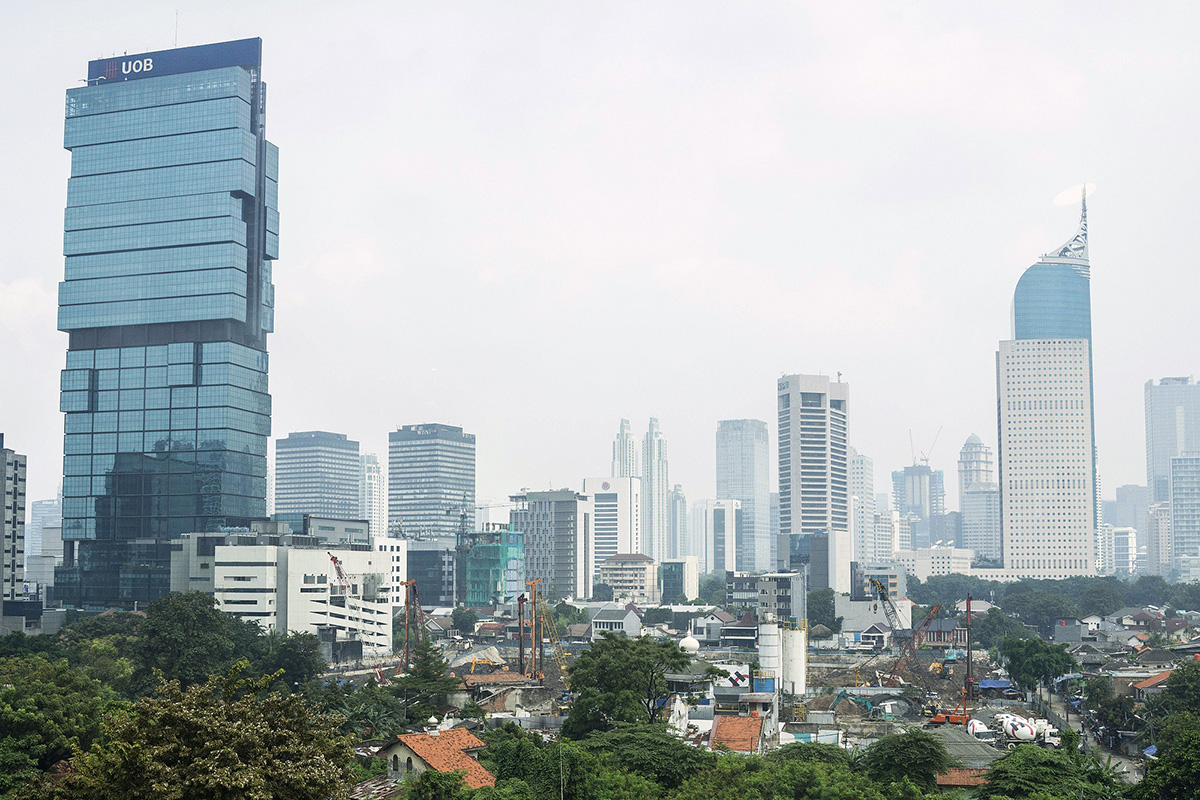The rally in Indonesian bank stocks may be nearing an end amid sluggish credit growth and tougher regulations for loan quality assessments.
Equity analysts are now downgrading banking stocks after the Jakarta Finance Index rallied 21 percent this year – more than double that of the main gauge – as they expect nonperforming loans in the 527 billion dollars industry to creep up again. Lenders may need to set aside bigger buffers against bad loans after the Financial Services Authority of Indonesia, known as OJK, decided against extending a rule first introduced in 2015 that allowed for looser provisioning terms.
Demand for credit has been disappointing. The central bank last month cut its 2017 loan-growth target to a range of 8-to-10 percent after previously forecasting 10-to-12 percent. Compare that with a whopping near-20 percent growth in the past decade. Bank Indonesia’s surprise rate cut last month has yet to kick-start demand for loans.
“Banking stocks have rallied so much this year that it is hard for investors to expect more upside to them, especially with the not-so positive outlook and the rich valuation,” said Jemmy Paul, investment director at Sucorinvest Asset Management. “Prices have to come down from what they are right now for me to put in more money to the banking stocks.”
This year’s rally has been fuelled by expectations for a recovery in Southeast Asia’s biggest economy and an investment grade nod by S&P Global Ratings. Improvement in asset quality also prompted speculation that banks could refocus their attention on lending after cleaning up their books in the past two years.
Paul, whose Sucorinvest Equity Fund has outperformed 97 percent of its peers in the past year, says rich valuations and slowing loan growth makes it hard to justify buying more bank stocks. The Jakarta Finance Index is valued 15 percent above its five-year average, while commercial banks’ loan growth has slowed to 7.6 percent from their 10-year average of 19 percent.
The finance gauge fell as much as 0.6 percent Friday in Jakarta before erasing those losses at the close. Bank Central Asia lost 0.5 percent and Bank Negara Indonesia dropped 1 percent.
Bank Central Asia has rallied 22 percent this year, valuing the lender at 35 billion dollars, which is second only to Singapore’s DBS Group Holdings in the Asean region, according to data compiled by Bloomberg.
The bank was downgraded by Bahana Sekuritas and CIMB Group Holdings recently. It now has almost as many hold ratings from analysts as it does buys, according to 36 recommendations compiled by Bloomberg. Three firms suggest investors sell.
People's Bank of Indonesia (Bank Rakyat Indonesia), whose market cap is bigger than any Malaysian bank, saw at least two downgrades in August. The lender and Bank Negara Indonesia have rallied more than 28 percent this year and are set for the best annual gain since 2014.
While the gross nonperforming-loan ratio at Indonesian banks has fallen to 2.96 percent in June from at least a five-year high of 3.22 percent in August 2016, the figure may tick higher after OJK imposed tighter criteria for bad-loan classifications – a signal of confidence in the industry.
“We believe the development will marginally increase nonperforming loans but will not significantly hurt banking sector profitability,” Tariq Ali, a Singapore-based investment strategist at Standard Chartered Bank, wrote in an email. “However, this coupled with the possibility of another central bank rate cut, suggests limited scope for a further rally in Indonesian banks.” – Bloomberg
